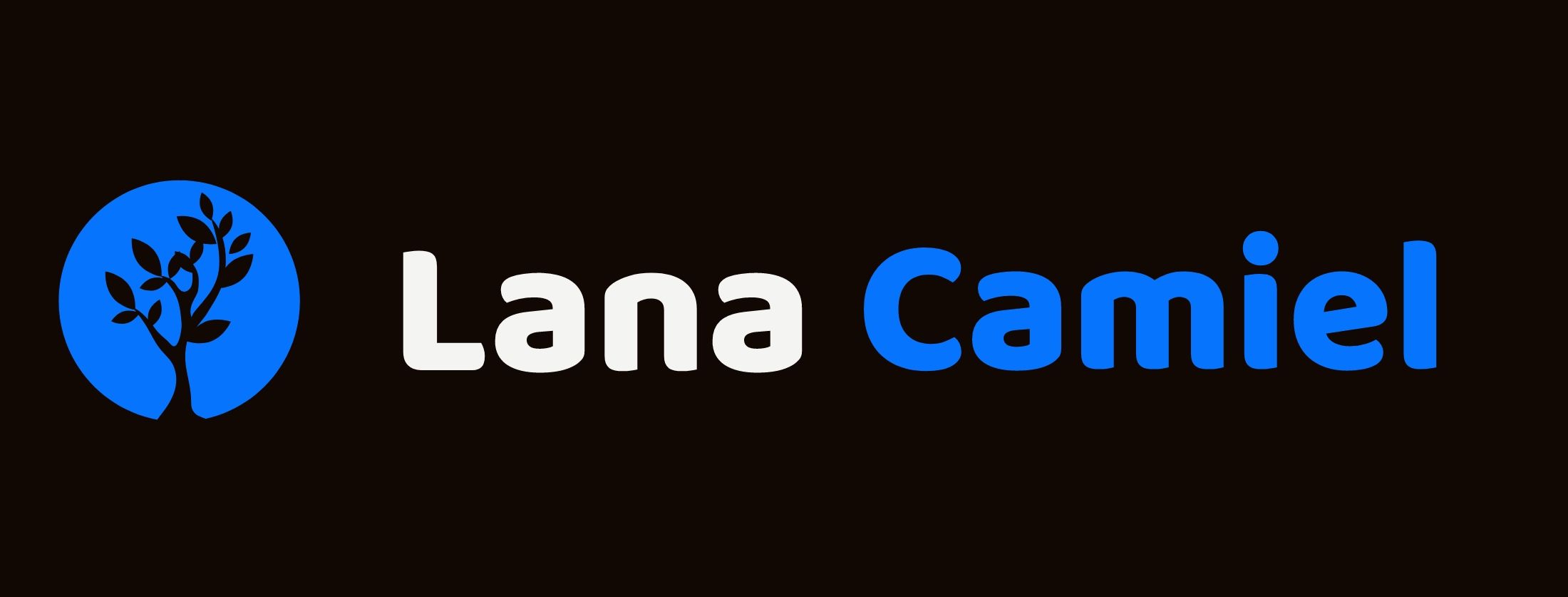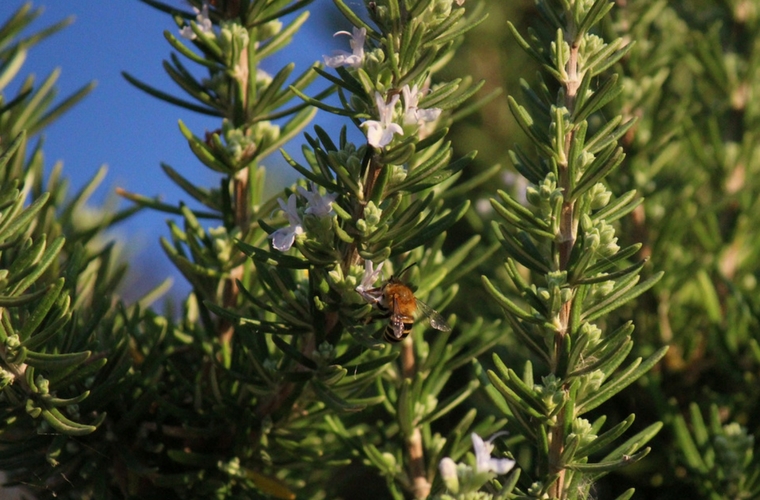Image courtesy of Pixabay/Samueles
A little while ago I was on my way to a conference.
I had a busy week, but was very proud of myself – was packed and ready to take on the world.
This was an early flight, so decided to take Uber without waking my husband up. Everything was running smoothly. The driver brought me to the airport two hours before my flight.
As I took my first step I started feeling uneasy – I couldn’t remember putting the wallet in my travel purse the night before.
The wallet typically lives in a separate compartment of my backpack. In the craziness of my evening preparation, I just left it right where it resides. This has NEVER happened before.
As I was standing in the airport at 5 am, my first thought was to travel without it. I considered borrowing enough money from my friend and travel companion. Then I remembered I won’t be able to get on the plane without my ID.
For a few moments, I was in a state of panic. Thankfully, I live 20 minutes away from the airport. The next hour was filled with quite a bit of stress, as I rode home and back to the airport, and went through the security line. I made my flight but felt exhausted by the time I settled down in my seat.
This is when it occurred to me, I have to start boosting my intake of herbs for memory and attention.
You might not have left your wallet before your trip to the West Coast, but I suspect you’ve forgotten things before (keys, phone, chargers, toothbrush).
I admit if I wrote a list (like I typically do) I might have avoided the problem, but having a good memory is always a gift we take for granted.
How do you exercise yours? What do you use to keep it sharp?
If you are willing to explore several plants with me, these have some interesting history and use.
1. Lavender
Undoubtedly, you’ve either tried or at least heard about Lavender or Lavandula angustifolia. This is a member of Mint family, and native to the Mediterranean region. Many other European countries, like England and France, are known for their own varieties. It’s often planted near the entrance. This was done so guests and owners (especially women wearing large skirts) would bring the aroma of lavender inside on their clothing. Today Lavender known as a nervine and antidepressant. Some nervines help to relax, Lavender additionally helps to focus. There is even some preliminary animal research suggesting it might help to learn.
2. Rosemary
Rosmarinus officinalis is a member of Mint family. It’s a strong antioxidant typically used to enhance circulation to the brain. This is how it helps with the cloudy thinking. I initially learned about using Rosemary essential oil (or even a twig of rosemary) during exam preparation. Several herbalists mentioned that it helps with the recall of facts. There must be a reason why Rosemary is called a “remembrance” herb. Rosemary essential oil should not be used in pregnant women and people with seizures.
3. Gotu kola
This plant is native to India, Sri Lanka, Thailand and Australia. Whether you go with its Latin name of Centella asiatica or Ayurvedic name of Brahmi, one thing you learn, it’s a tonic used for impaired memory and mental exhaustion. Gotu kola is used in combination with other herbs for patients with early stages of Alzheimer’s disease, and those trying to recover from head trauma.
4. Bacopa
Bacopa monnieri that also sometimes goes by the name Brahmi (causing confusion at times). It also comes from India and Australia. It’s known for its ability to increase brain circulation, enhance mental clarity and concentration. Bacopa is used for patients with anxiety, attention deficit hyperactivity disorder and head injuries.
5. Ginkgo
Ginkgo biloba is one of the oldest trees on this planet. It survived because it was carefully preserved by monks in their monasteries. Native to China, today you can find it almost everywhere. Female trees bear nuts that are considered delicacy in some cultures, but are less well accepted in other due to their smell. You might have Ginkgo trees on your street. Traditionally Ginkgo nuts were used, but several decades ago German scientists began experimenting with the leaf extracts. They created a super potent product – a standardized extract that is now used for impaired brain circulation, memory loss, ringing in the ears, vertigo and hearing loss. Some early evidence suggests that this plant might even have some use in dyslexia. There are some theoretical concerns related to bleeding, combining with medications should be done with caution.
Questions: After reading about these 5 plants, do you have one you’d consider playing with. Are you wondering which of these will make it into my daily ritual? 🙂



2 Comments
Christina Wayne, PharmD
October 16, 2016 - 12:54 amWow! What a stressful day that must have been!
Lion’s Mane supports cognitive function too. Host Defense makes a product called Brain that contains Lion’s Mane and a couple herbs you mentioned above – Bacopa, Ginkgo and Gotu Kola. I highly recommend it 🙂
Lana Camiel
October 19, 2016 - 8:36 pmThank you, Christina! You are correct – Lion’s Mane is used for nerve growth regeneration and was even tried for Parkinson’s disease. Always great to hear from you! 🙂